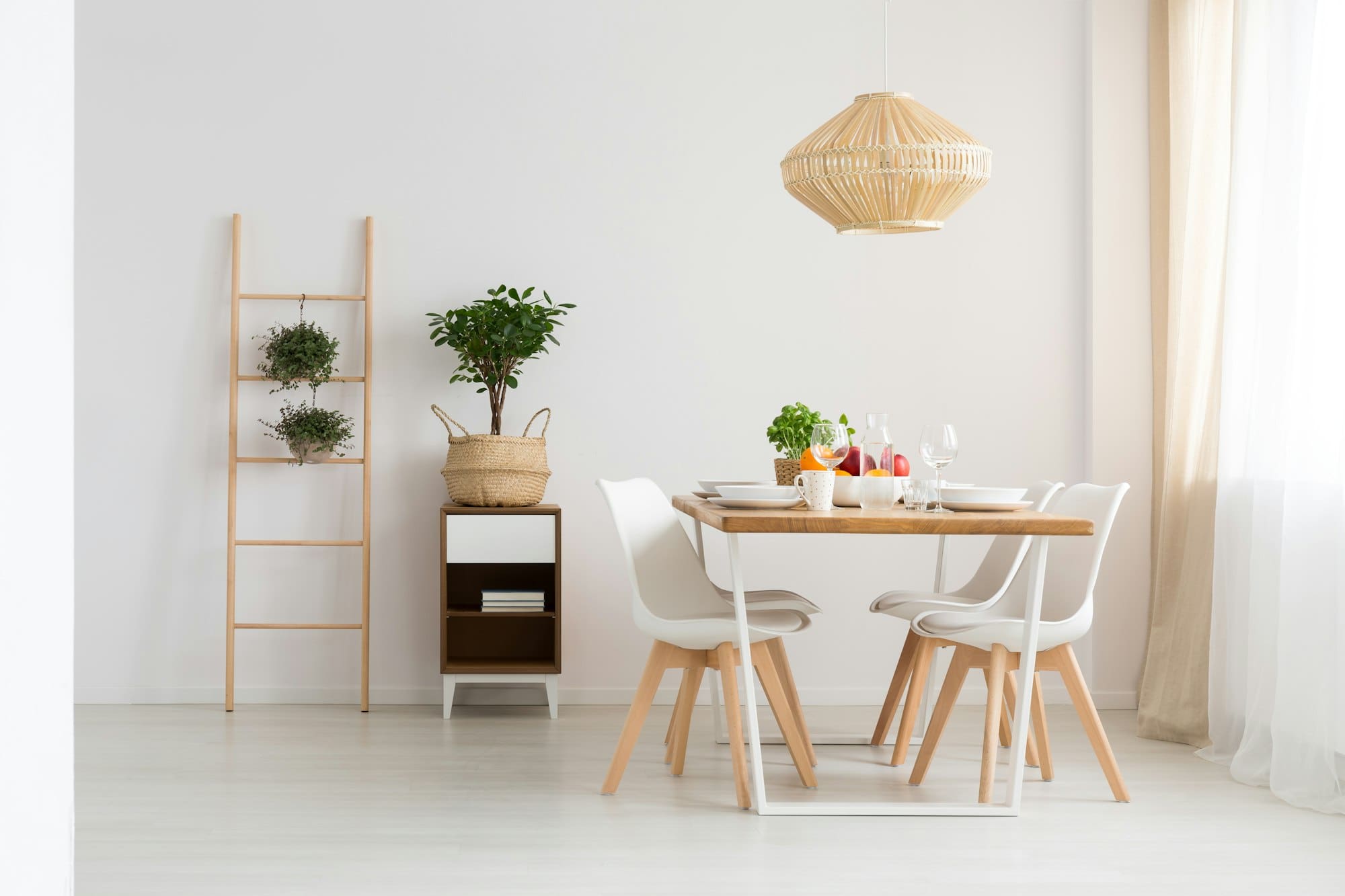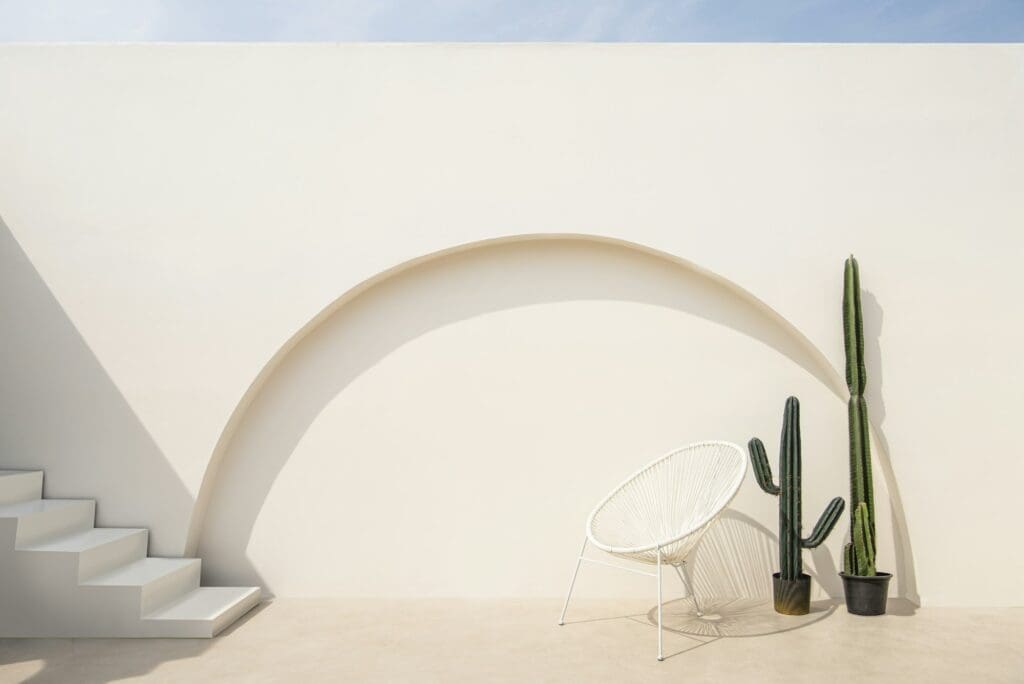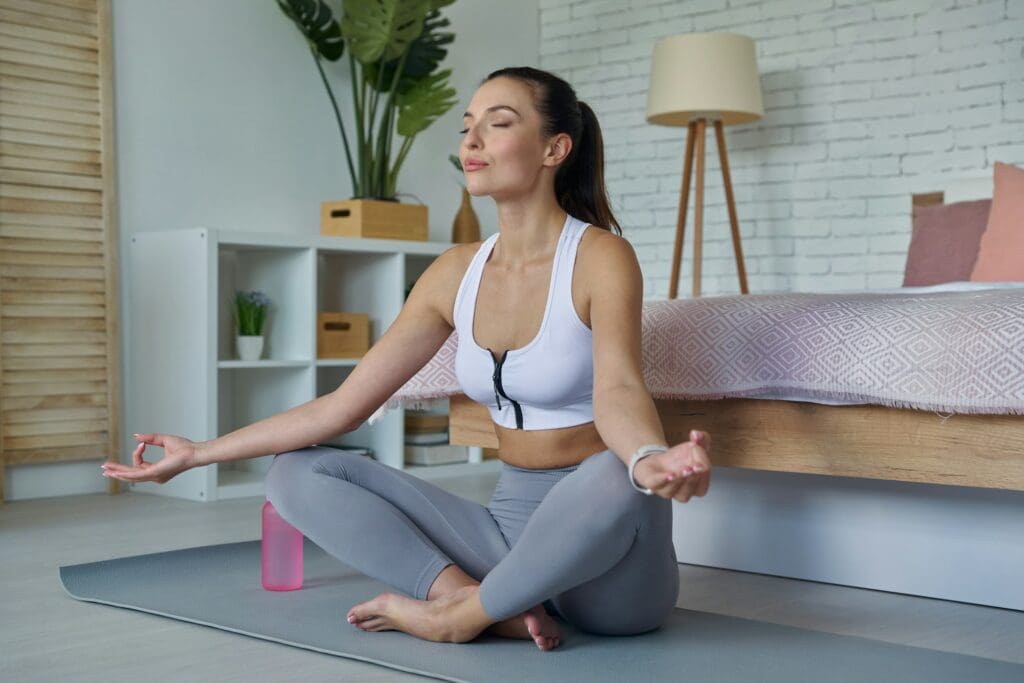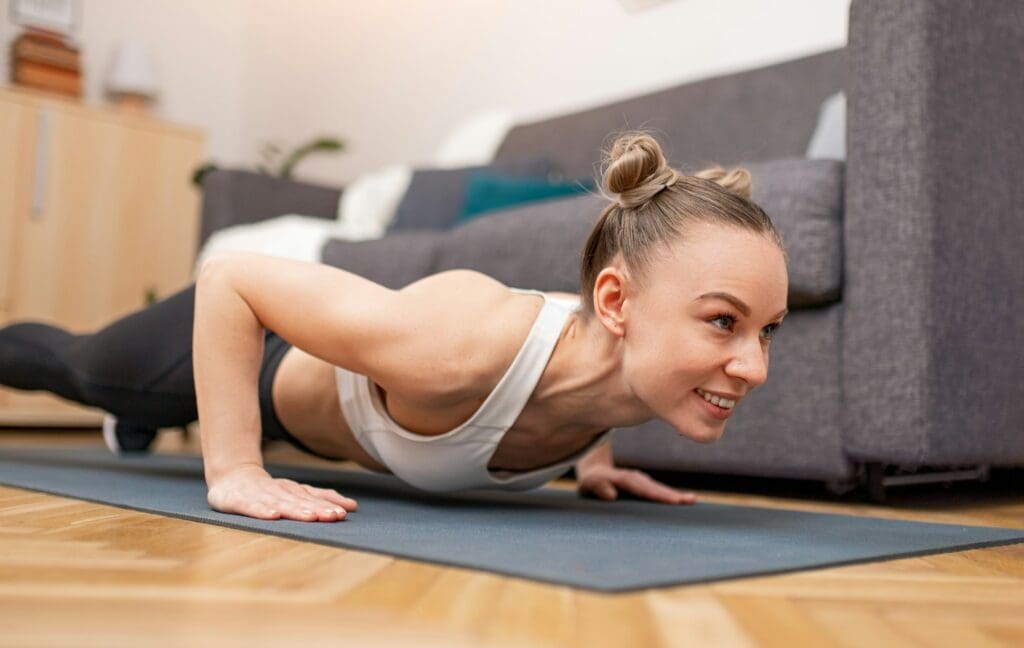


Are you feeling overwhelmed by the clutter in your life? Both physical and mental spaces can easily become overcrowded with unnecessary items and thoughts, leading to stress and anxiety.
Practicing minimalism can be a game-changer for your mental and physical well-being. By simplifying your surroundings and focusing on what truly matters, you can create a more balanced and serene life.
“Minimalism is not about having less. It’s about making room for more of what matters.” – Unknown
In this guide, we’ll explore practical ways to declutter your life and embrace minimalism, helping you achieve better health and a more tranquil state of mind. Say goodbye to the unnecessary and hello to a more intentional way of living!

Minimalism often gets mistaken for a mere aesthetic choice—think sparse rooms with monochrome color schemes and bare walls. However, at its core, minimalism is a lifestyle choice that helps you focus on the essentials and remove the unnecessary.
It’s about making deliberate choices to enhance your overall well-being, rather than simply getting rid of things for the sake of it.
When you delve deeper, you realize that minimalism is more than just tidy spaces; it’s about creating a life that aligns with your values and goals. By stripping away the excess, you pave the way for more clarity, purpose, and intention in your life.
Adopting minimalism means understanding what truly adds value to your life and letting go of everything that doesn’t. This philosophy extends beyond physical objects to our mental and emotional spaces as well.
The mental clutter we accumulate can be just as overwhelming as physical clutter, and minimalism offers a way to simplify our thoughts and emotional burdens.
The journey toward minimalism begins with self-reflection. What are your priorities? What activities, relationships, and possessions bring you joy? By asking these questions, you start to differentiate between what is truly important and what is simply noise.
Understanding minimalism involves a shift in mindset. It’s not about deprivation; it’s about enrichment. You are not restricting yourself from pleasure—instead, you are making room for more meaningful experiences.
This intentional living fosters a balanced, harmonious life, where you are present and engaged rather than scattered and stressed.
In summary, minimalism is more than just decluttering your space. It’s an intentional approach to life that seeks to prioritize what genuinely matters. By embracing this lifestyle, you can achieve a greater sense of mental clarity, emotional well-being, and overall health.

Adopting minimalism isn’t just about clearing clutter from your shelves; it can also transform your physical health routine. By integrating minimalist principles, you can streamline your fitness activities, allowing you to focus on exercises that bring the most value to your body and mind.
This approach promotes a balanced, stress-free lifestyle, fostering consistency and joy in your journey towards better health.
Minimalism extends beyond physical decluttering; it offers substantial emotional benefits by promoting a life centered around intention and purpose. When you strip away the excess, what remains are the things that truly matter to you—creating space not just in your home, but in your mind and heart as well.
One essential aspect of minimalism is its ability to reduce decision fatigue. By having fewer choices and a simpler environment, you experience less stress and anxiety.
Imagine opening your closet and finding only items you love and wear regularly. This streamlined wardrobe eliminates the overwhelming process of sifting through countless options each morning, giving you a more peaceful start to your day.
Increased Emotional Resilience
With fewer material distractions, you can focus more on personal growth and relationships. When your life is less cluttered, you have the mental bandwidth to engage in meaningful activities and nurture deeper connections with those around you. This sense of emotional clarity can foster resilience and better coping mechanisms during times of stress.
Enhancing Self-Awareness and Authenticity
Minimalism encourages self-discovery by emphasizing what truly resonates with you. By consistently evaluating what you need and what brings you joy, you develop a stronger sense of self. This practice can be incredibly empowering, as it pushes you to live authentically and discard societal pressures or superficial desires.
Furthermore, minimalism can help in creating healthier emotional boundaries. When you’re clear about your values and priorities, it’s easier to say “no” to commitments or possessions that don’t align with your vision for a simpler, more focused life. This boundary-setting is crucial for maintaining emotional well-being and avoiding burnout.
In summary, adopting minimalism can lead to a richer, more fulfilling emotional life. By concentrating on what genuinely matters, you free yourself from the emotional burdens of excess and create a tranquil, purposeful existence. This approach allows you to live with greater joy, clarity, and emotional health.
Imagine waking up in a serene environment where everything has its place, and nothing distracts you from what truly matters. This is the essence of minimalism.
By practicing minimalist habits, you can significantly reduce stress and create a calm, focused mind. Let’s explore how small changes can make a big impact on your mental well-being.

Imagine a life where stress levels plummet, your mind feels clear, and a sense of calm permeates your everyday activities. This is the promise of minimalism.
By embracing simplicity and focusing on what truly matters, you can unlock long-term mental health benefits that enhance your overall quality of life.
Minimalism isn’t just about having less; it’s about making space for more – more joy, more peace, and more fulfillment. Let’s explore how this transformative lifestyle can pave the way for enduring mental wellness.
Streamlining your fitness routine allows you to focus on effectiveness rather than complexity. By adopting a minimalist approach, you can create a sustainable workout regimen that fits seamlessly into your daily life.
This not only helps you stay consistent but also ensures that you are dedicating your time and energy to exercises that yield the most benefit. Let’s explore some practical tips to help you refine your fitness plan.

Imagine walking into a room that’s free from chaos, where every item has its place and purpose. This serene environment isn’t just visually appealing—it can profoundly impact your mental well-being.
Decluttering your space is an essential step toward decluttering your mind, providing you with the tranquility needed to focus on what truly matters.
Minimalism tackles stress and anxiety by eliminating unnecessary distractions from your life. When your environment is free from clutter, your mind has more space to breathe, focus, and relax.
Moreover, minimalism encourages you to prioritize tasks and activities that truly matter, allowing you to avoid the overwhelm of endless to-do lists and commitments.
By concentrating on fewer possessions and obligations, you can reduce feelings of being overwhelmed. This approach can help you create a more serene living space and cultivate a sense of peace and tranquility.
Furthermore, minimalism promotes mindfulness, allowing you to be more present and engaged in the moment, thereby reducing anxious thoughts about the future or stress over past events.
Absolutely! Minimalism can be a game-changer for your physical fitness. By focusing on what’s essential, you eliminate distractions that might prevent you from staying active. This approach allows you to create a streamlined exercise routine that’s easy to follow and maintain.
For example, consider a minimalist workout plan that involves bodyweight exercises such as push-ups, squats, and planks. These exercises require no equipment and can be done almost anywhere, making it easier to stay consistent.
Simplifying your workout gear—opting for functional, versatile pieces rather than a cluttered gym bag—can also help you stay more organized and motivated.
Moreover, minimalism can influence your diet and overall wellness. By choosing whole, unprocessed foods and avoiding the clutter of excessive dietary supplements or fad diets, you focus on nourishing your body in the most straightforward way.
This not only improves your physical health but also frees up mental space, making you less stressed and more balanced.
In essence, minimalism encourages you to remove the excess and focus on straightforward, effective fitness strategies, leading to better health and a more sustainable active lifestyle.
Minimalism can significantly enhance your sleep quality by creating a serene and clutter-free environment. A tidy bedroom devoid of unnecessary items can promote relaxation, making it easier for you to unwind.
Moreover, minimizing distractions—such as excessive electronic devices or overly bright decor—helps create an ideal atmosphere for sleep. By focusing on essential items and cultivating a space that prioritizes rest, you pave the way for more consistent and restorative sleep patterns.
Absolutely! Practicing minimalism can significantly aid in better emotional regulation. By simplifying your life and eliminating unnecessary distractions, you create more mental space to process your emotions.
This newfound clarity allows you to manage stress more effectively and respond to situations with greater calmness and control.
Minimalism encourages mindfulness by helping you focus on the present moment. This practice can diminish feelings of overwhelm, making it easier to address emotional triggers as they arise. Additionally, reducing physical clutter can minimize the mental clutter that often leads to anxiety and emotional turmoil.
Moreover, minimalism fosters a sense of accomplishment and contentment, as you learn to appreciate and value what you have. This shift in perspective can lead to a more balanced emotional state and a healthier, more fulfilling way of life.
Minimizing daily stress doesn’t have to be overwhelming. Start by simplifying your daily routines. Focus on what truly matters and eliminate unnecessary tasks. Another effective tip is to declutter your space—both physical and digital.
A clean environment promotes a sense of calm and order. Additionally, prioritize your commitments. Learn to say no to activities that don’t align with your goals or bring you joy.
Incorporate mindfulness practices, like meditation or deep breathing exercises, to help stay grounded. Finally, practice gratitude daily. A minimalist mindset encourages you to appreciate what you have, reducing the desire for more and increasing overall satisfaction.
To sum it up, embracing minimalism can be a transformative journey for both your mind and body. By focusing on what truly matters, you not only declutter your physical space but also free up mental energy, leading to greater clarity and a sense of control over your life.
Implementing minimalist habits can help you streamline your daily routines, prioritize your well-being, and ultimately, lead a more fulfilling and purposeful life.
Remember, minimalism is not about deprivation but about making mindful choices that align with your values and goals. Start small, be consistent, and allow yourself the freedom to adapt and evolve.
The benefits of minimalism extend far beyond a tidy home; they encompass mental clarity, emotional balance, and physical wellness. So, why not give it a try? Your future self will thank you









